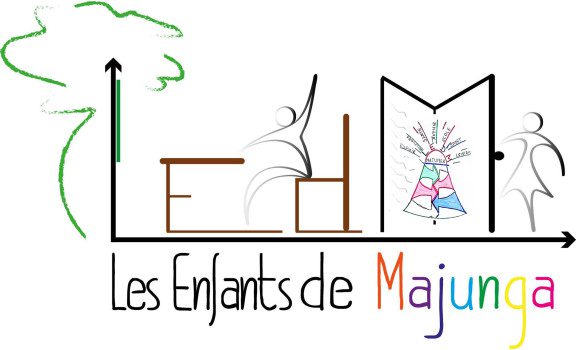It’s no secret that dating apps have become a staple in our society, especially for millennials and members of Generation Z. Approximately 53 percent of adults in the U.S. between the ages of 18 and 29 have used a dating site or app at some point in their lives, according to recent conclusions from the Pew Research Center.
Much easier than fulfilling some body at the a bar or even in classification, such programs can make it very an easy task to affect someone.
That said, this type of connections commonly only continue for a steamy one to-night stand or perhaps several schedules at most. For these selecting a lengthy-lasting plus in-depth matches, relationships applications is sorts of hard.
When you’re you will find some high triumph tales on the market, only 1 for the 5 hitched grownups according to the age 31 from the U.S. were introduced to their newest spouse compliment of a matchmaking software.
« The big dating apps have proprietary matching algorithms that they’re famously cagey about, but most rely on a combination of stated preferences – what you tell the app you want in a partner, either explicitly in your settings or implicitly through engagement – and something called collaborative filtering, » according to an blog post from Wired U.K.
Collective selection means just how relationships applications search for designs from the people that users have already recognized or Suifenhe in China ladies looking for love disapproved away from. Then they utilize this analysis to actually anticipate which you’re going so you can such as for instance – the same as just how TikTok produces an effective customer’s « To you Page. » When you find yourself possibly this procedure causes a beneficial meets, some days, it’s such a go in the dark.
As these software always tray right up effective users on university, you will need to concern if they really result in like otherwise are only a waste of big date
In terms of how specific dating apps operate, each has its own variations, but generally, they can be split into two classes: swipe-based (think Tinder, Bumble and Hinge) and algorithm-based (think Match, OkCupid and eHarmony).
Swipe-depending dating software are generally so much more concerned about photos, looks, profiles and you can and then make brief relationships. Whereas algorithm-centered applications have a tendency to « get a scientific method to relationships, using algorithms to spot being compatible and help profiles find lovers significantly more apt to be an effective matches for them. »
Because of this difference between mechanics, swipe-established software are usually considered as more low and really only utilized for hookups otherwise brief-label connectivity – these represent the apps you to definitely Gen Z and you may millennials have a tendency to use the essential.
« Tinder says that it looks at things like app usage, profile details and swipe history to find your matches. Bumble also says it looks at your swipe history, while Hinge didn’t say much, except that its proprietary algorithm was based on work done by two Nobel Prize-winning mathematicians, » according to an article from The fresh new Brink.
Whenever thirsty Rutgers youngsters seek out an informal connections or prospective mate, they often move to applications eg Tinder, Bumble otherwise Count
A common allege amongst these apps is that the more you use them, the better they know you and the better they can make predictions based on your preferences. Tinder itself even stated in a blog post that « the most important thing a user can do is . use the app. »
While this does make sense, additionally seems extremely counterintuitive. Who would like to voluntarily invest hours for the an internet dating app in advance of the newest formula can be effectively create reliable predictions? Should not it be tailored right away to-be that lead to creating the new relationships people contribute to get? Rather, everyone is likely to build a few poor fits as well as go on specific bad times just before capable select a proper meets.
Because higher since it songs we has actually this type of formulas capable of making possible suits, i once the a people place little work with the understanding how they actually work otherwise how they try affecting our day to day existence.
Love and you will individual contacts commonly things that can be foreseeable through algorithms. I’m such as for instance we tend to listen to the word « algorithm » and you will instantly trust the parts undoubtedly. In the event, simply because he’s medical and you can cutting-edge does not always mean it would be blindly top.
I think mathematician and data scientist Cathy O’Neil describes this sentiment perfectly in her 2017 TED Speak, « The era of blind faith in big data must end. » At the end of the day, algorithms are designed by people and can be naturally flawed or biased as a result. We have to do better at understanding how they make up our society or at least pay more attention to them.
Regarding relationships programs specifically, « O’Neil claims she believes that when daters very knew exactly how basic brand new algorithms are, they may perhaps not set so much blind believe towards the them, » with respect to the Brink post.
The lack of openness towards inner processes of your dating applications i put all of our faith and you may vulnerability towards on the a daily base are towards. So if you’re in search of something apart from a link into the these types of swipe-oriented applications, it is pretty probably you are not likely to notice it.
